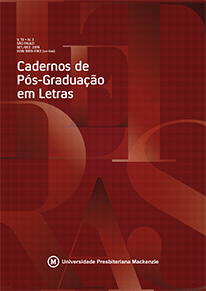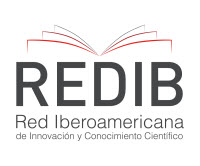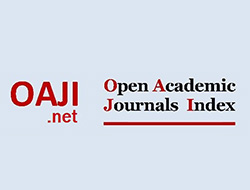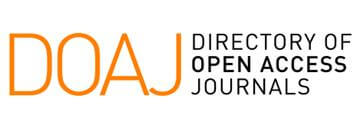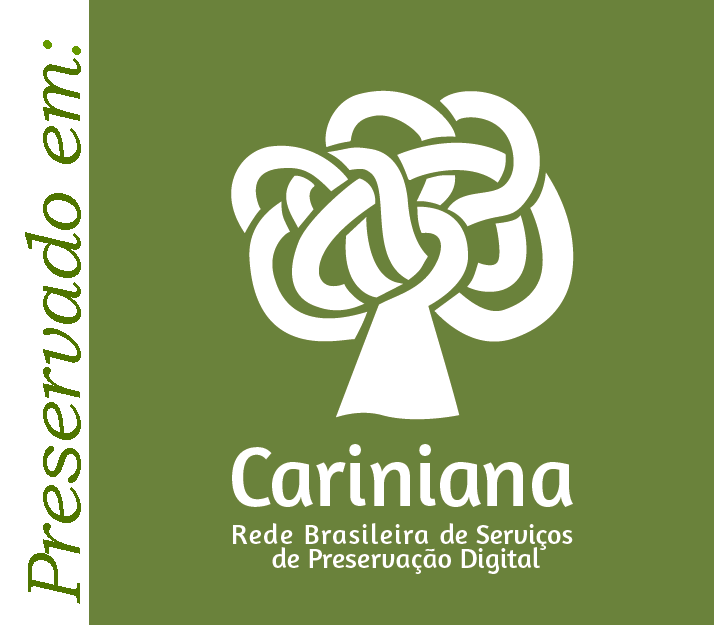Global and unequally deterritorialized languages
towards a critical intercultural education of language teachers
Keywords:
Global languages, Teacher education, Critical interculturalismAbstract
Languages that contributed to the consolidation of the nation-state in Europe, such as the English, French, Spanish and Portuguese languages, and collaborated with the colonizing projects of these nations, are increasingly acquiring in contemporary times, that are characterized by the globalization and digitization of knowledge, the status of global languages. However, this fact has little influence on teaching practices for the education of teachers of these global languages. In this article, triggered by the discussion of English as a global language, we show that the expansion of these languages in the world is unequal and we describe practices we develop that seek a critical intercultural education of teachers of global languages.
Downloads
References
ANDERSON, B. Imagined communities. London: Verso, 1983.
BLOMMAERT, J.; RAMPTON, B. Language and superdiversity: a position paper. Diversities, v. 13, n. 2, p. 1-22, 2011.
CALVO, L. C. S.; EL KADRI, M. S.; GIMENEZ, T. Inglês como língua franca na sala de aula: sugestões didáticas. In: EL KADRI, M. S. et al. (org.). Tendências contemporâneas para o ensino de língua inglesa: propostas didáticas para a educação básica. Campinas: Pontes, 2014. p. 299-316.
FERNANDES, G. R. R. Representações de cultura em livros didáticos de português língua estrangeira e inglês língua estrangeira: entrecruzamentos de aspectos dos discursos fundadores das nações brasileira e estadunidense. 2018. Dissertação (Mestrado em Letras Modernas) – Universidade de São Paulo, São Paulo, 2018.
FREIRE, P. Conscientização: teoria e prática da libertação: uma introdução ao pensamento de Paulo Freire. Tradução Kátia de Mello e Silva. São Paulo: Cortez & Morales, 1979.
GRADDOL, D. English next: why global English may mean the end of English as a foreign language. London: British Council, 2006. Disponível em: https://englishagenda.britishcouncil.org/sites/default/files/attachments/books-english-next.pdf. Acesso em: 12 set. 2019.
JENKINS, J. The phonology of English as an international language. Oxford: OUP, 2000.
JENKINS, J. English as a Lingua Franca: attitude and identity. Oxford: Oxford University Press, 2007.
KACHRU, B. B. Standards, codifications and sociolinguistic realism: the English language in the outer circle. In: QUIRK, R.; WIDDOWSON, H. W. (ed.). English in the world: teaching and learning the language and literatures. Cambridge: Cambridge University Press, 1985. p. 11-30.
KRULATZ, A.; STEEN-OLSEN, T. H.; TORGERSEN, E. N. Towards critical cultural and linguistic awareness in language classrooms in Norway: fostering respect for diversity through identity texts. Language Teaching Research, v. 22, n. 5, p. 552-569, 2018.
LEUNG, C.; HARRIS, R.; RAMPTON, B. The idealised native speaker, reified ethnicities, and classroom realities. TESOL Quarterly, v. 31, n. 3, p. 543-560, 1997.
MENEZES DE SOUZA, L. M. T. Multiliteracies and transcultural education. In: GARCÍA, O.; FLORES, N.; SPOTTI, M. (ed.). The Oxford handbook of language and society. Oxford: Oxford University Press, 2017.
MIGNOLO, W. Delinking: the rhetoric of modernity, the logic of coloniality and the grammar of de-coloniality. Cultural Studies, v. 21, n. 2, 2007.
MIGNOLO, W. D.; WALSH, C. E. On decoloniality: concepts, analytics, praxis. Durham: Duke University Press, 2018.
MIZAN, S.; ALCANTARA, Y. B. Ecologia de saberes na formação de professores de língua: o uso das novas tecnologias nas zonas de contato entre ensino básico e superior. Revista Letras Raras, v. 8, p. 170, 2019.
MONCADA LINARES, S. Othering: towards a critical cultural awareness in the language classroom. HOW, v. 23, n. 1, p. 129-146, 2016. doi: http://dx.doi.org/10.19183/how.23.1.157
MONTE MÓR, W. Caderno de orientações didáticas para EJA: línguas estrangeiras. São Paulo: SME/DOT/EJA, 2010. Disponível em: https://docplayer.com.br/8058181-Caderno-de-orientacoes-didaticas-para-eja-lingua-estrangeira-ingles-etapas-complementar-e-final.html. Acesso em: 15 nov. 2019.
PENNYCOOK, A. The cultural politics of English as an international language. Harlow: Longman, 1994.
RAJAGOPALAN, K. The concept of “World English” and its implications for ELT. ELT Journal, v. 58, n. 1, p. 111-117, 2004.
RAJAGOPALAN, K. O “World English” – um fenômeno muito mal compreendido. In: GIMENEZ, T.; CALVO, L. C. S.; EL KADRI, M. S. Inglês como língua franca: ensino-aprendizagem e formação de professores. Campinas: Pontes, 2011.
SEIDLHOFER, B. Understanding English as a lingua franca. Oxford: Oxford University Press, 2011.
SILVA, F. M. O ensino de língua inglesa sob uma perspectiva intercultural: caminhos e desafios. Trabalhos em Linguística Aplicada, Campinas, v. 58, n. 1, p. 158-176, jan./abr. 2019.
SIQUEIRA, D. S. P. Inglês como língua franca: o desafio de ensinar um idioma desterritorializado. In: GIMENEZ, T.; CALVO, L. C. S.; EL KADRI, M. S. Inglês como língua franca: ensino-aprendizagem e formação de professores. Campinas: Pontes, 2011.
SIQUEIRA, D. S. P.; BARROS, K. S. Por um ensino de inglês como língua franca. Estudos Linguísticos e Literários, n. 48, p. 5-39, 2013.
WALSH, C. Interculturalidad crítica y educación intercultural. In: VIAÑA, J.; TAPIA, L.; WALSH, C. Construyendo interculturalidad crítica. La Paz: Instituto Internacional de Integración, Convenio Andres Bello, 2010. p. 75-96.
WASEEMA, F.; ASADULLAH, S. Linguistic domination and critical language awareness. Procedia – Social and Behavioral Sciences, v. 70, p. 799-820, 2013.
Downloads
Published
How to Cite
Issue
Section
License
The copyright of the articles published in Cadernos de Pós-Graduação em Letras belongs to the authors, who grant the Mackenzie Presbyterian University the exclusive rights to publish the content. Total or partial reproduction is prohibited without due authorization from the Editorial Committee, except for study and research.

